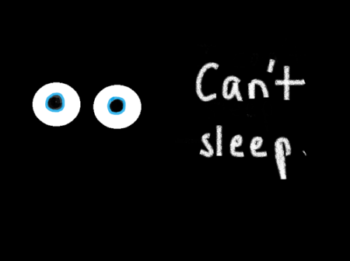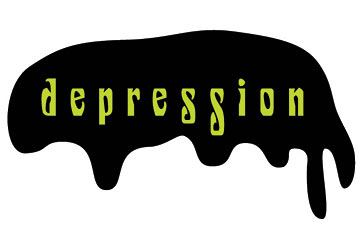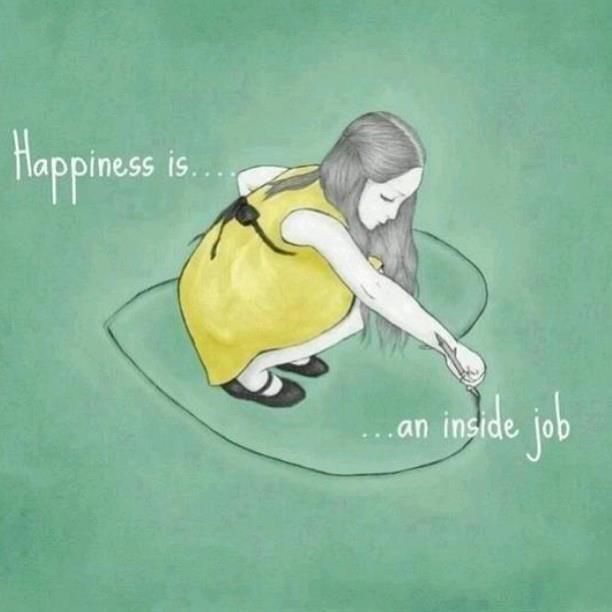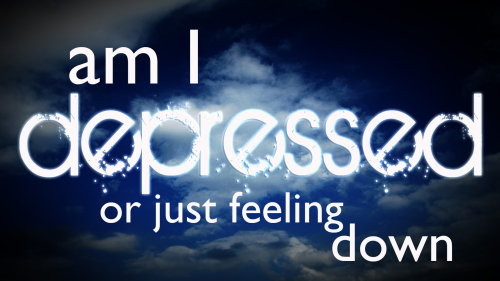Top 3 Causes of Divorce

In Western cultures, more than 90 percent of people marry by age 50. Healthy marriages are good for couples’ mental and physical health. They are also good for children; growing up in a happy home protects children from mental, physical, educational and social problems. However, about 40 to 50 percent of married couples in the United States divorce. The divorce rate for subsequent marriages is even higher.
There can be multiple reason why couples choose divorce however, I will focus on the few that seem to be on the top of the list.
1. Poor communication. This is one of the major reasons why divorce happens. Suppose that you didn’t drive a car before and that you used to think that when the fuel pointer points to the E (or empty) then this means that the car needs to be washed! What do you think will happen? Of course the car will stop leaving you in the middle of the street. But do you know what your fault was? You didn’t read the car’s manual. When two people live together they should be able to recognize the different signals that they both send. Both lack of self understanding and lack of understanding of people can cause a horrible communication gap between couples and so lead to divorce.
Distance is created quickly if you don’t share your feelings, don’t tell your partner what’s happening, and keep your feelings to yourself. A successful relationship constantly keeps the lines of communication open.
2. Finances. Arguing about money is the top predictor of divorce. Fights about money are actually fights about deeper issues in the relationship such as power, trust, jealousy, etc. If these deep issues in the relationship are problematic, then the couple may be more likely to divorce. We all have deeply held beliefs about the best way to use money. Sometimes spouses’ beliefs differ and so they come into conflict. Imagine a spouse who feels that money is best used for status. On the other hand, the other spouse believes money is best used for security. This couple would then probably have more conflict. If money becomes a consistent topic of disagreement, the road to divorce is certain. Read More












